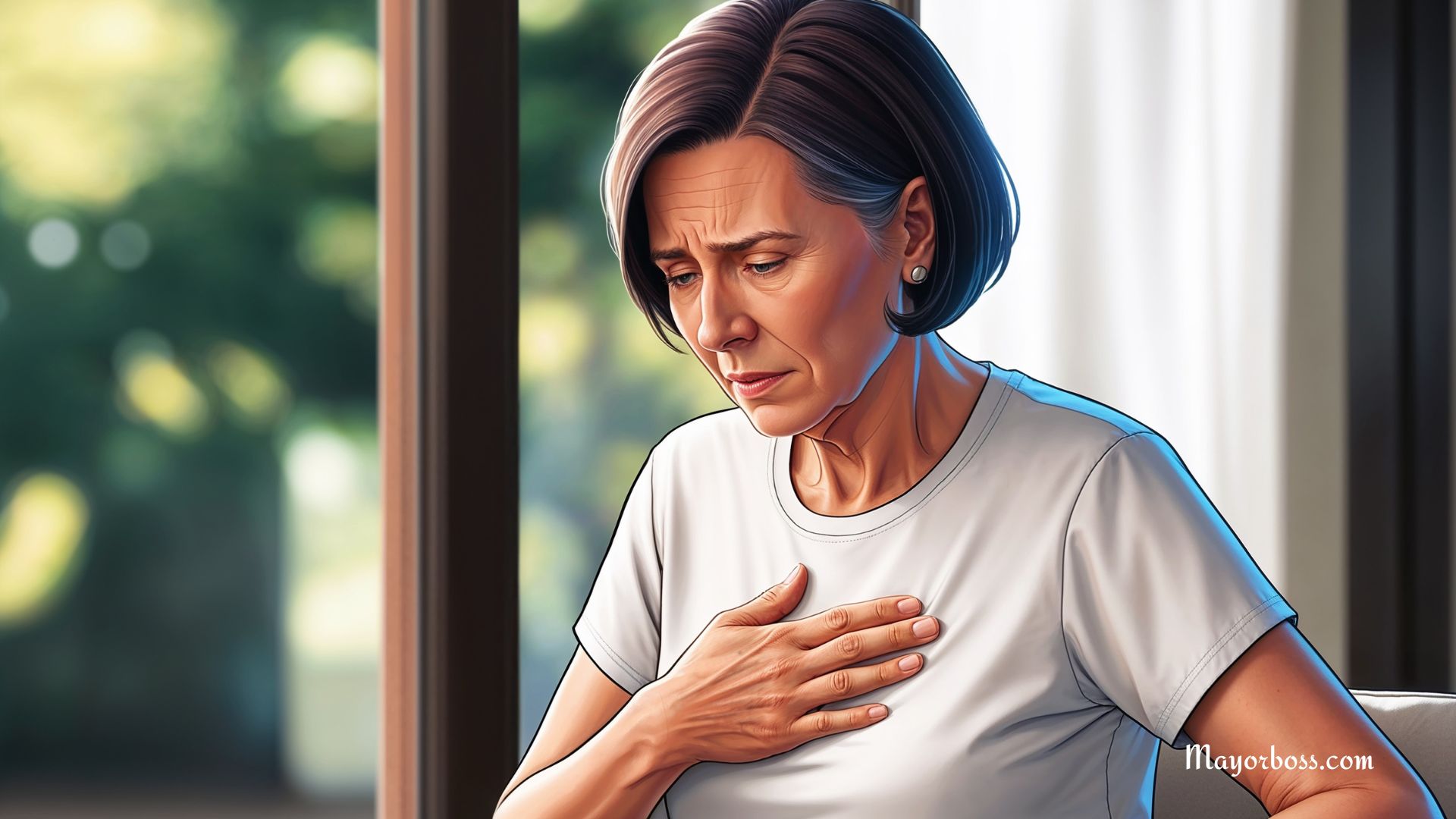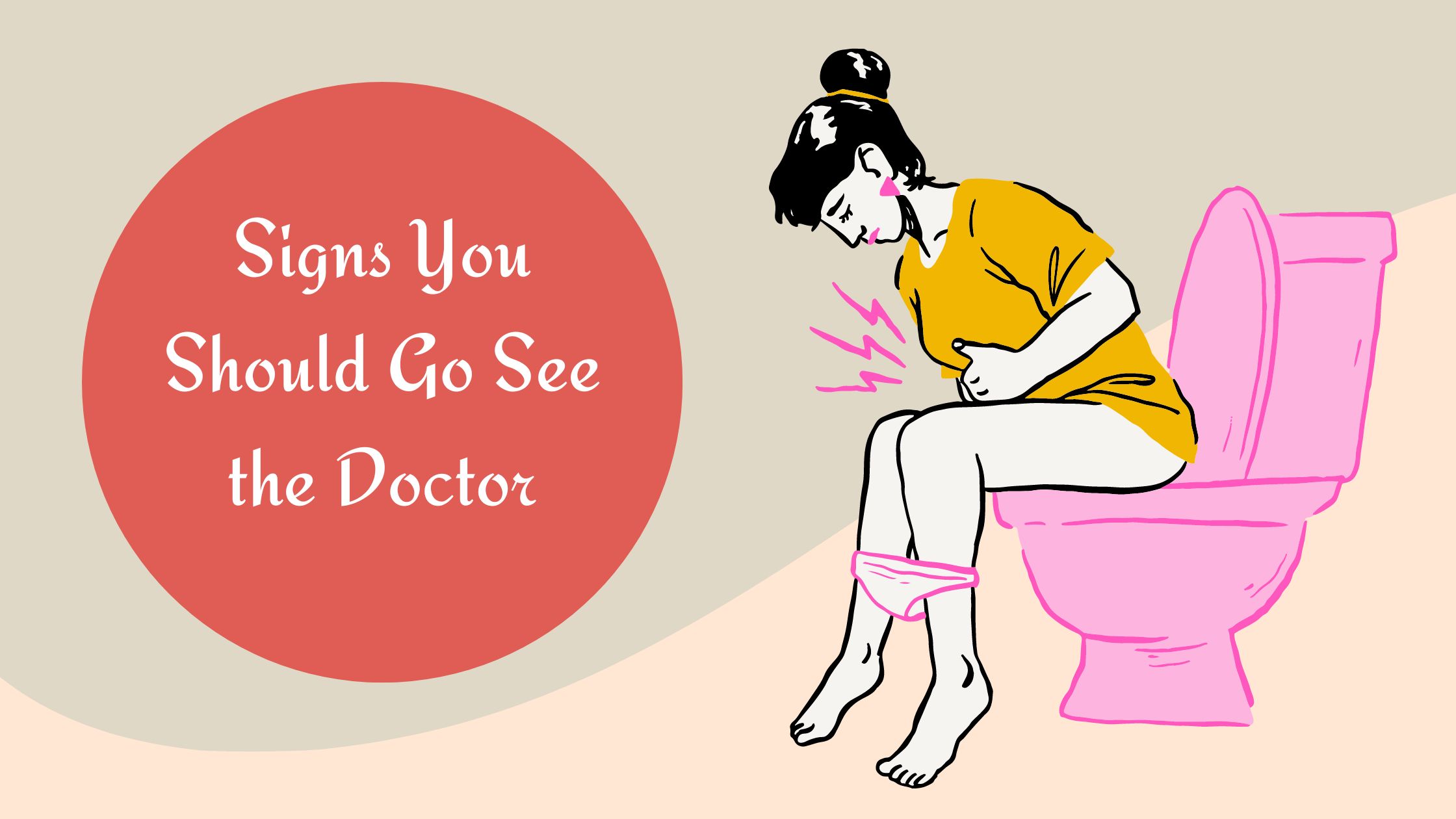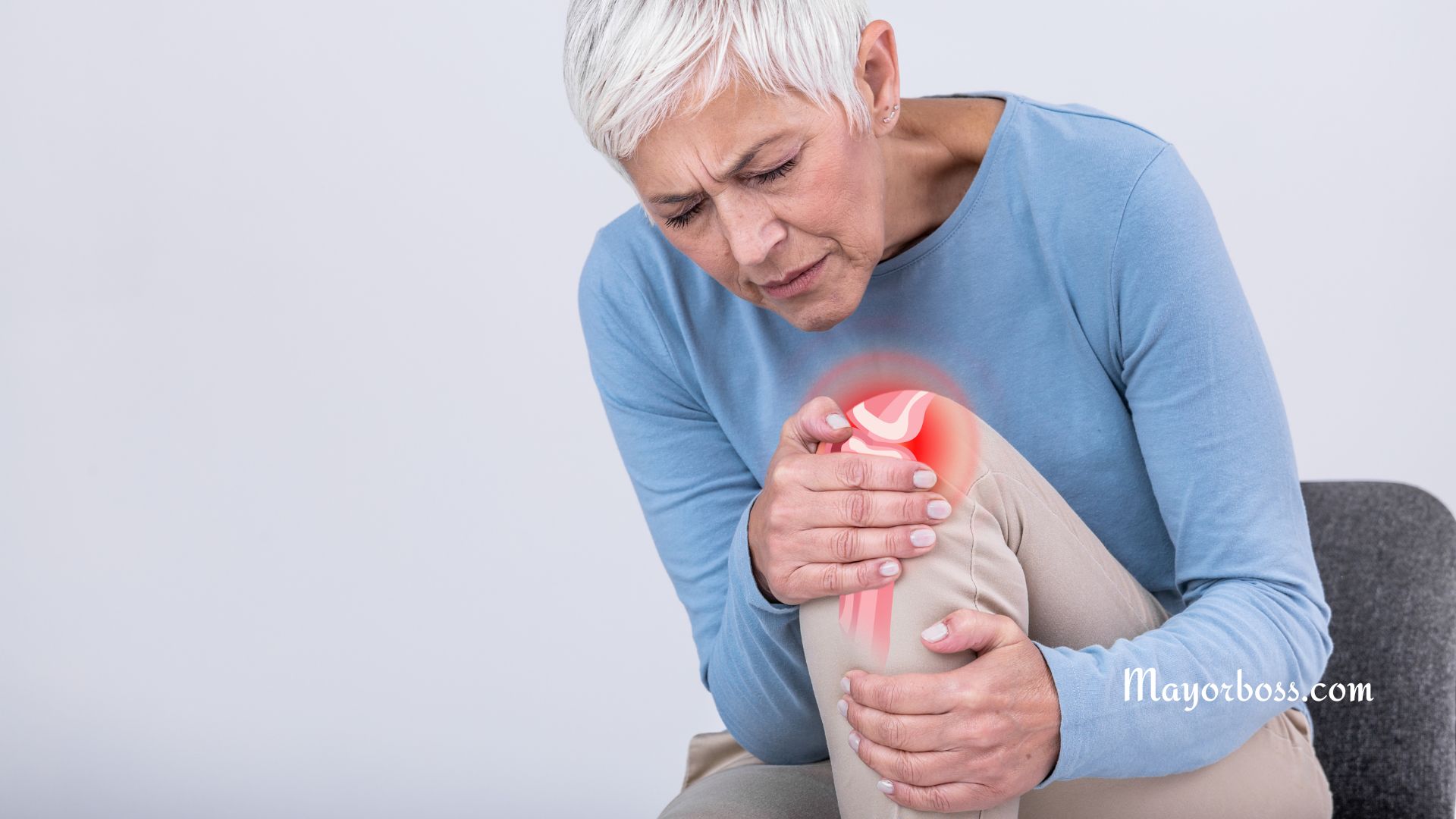Red Flags That Show Your Digestive System Needs Help
Your digestive system helps break down food and absorb nutrients. But when something is wrong, your body gives warning signs that should not be ignored. If you notice these signs, getting help early can prevent bigger health problems.

Bloating That Happens Often
Sometimes bloating is normal, but if it happens a lot, it could mean issues like irritable bowel syndrome (IBS), food allergies, or gut problems. Bloating that comes with stomach pain, weight changes, or trouble going to the bathroom should be checked by a doctor.
Heartburn That Keeps Coming Back
If you often feel a burning feeling in your chest, it could mean you have GERD (gastroesophageal reflux disease). This happens when stomach acid goes up into your throat. If it’s not treated, it can cause damage to your throat and even lead to cancer.
Rapid Weight Loss
If you have lost 5-10 kg in the last few weeks without changing your diet or exercise, it might mean you have a digestive issue like celiac disease, Crohn’s disease, or even cancer. Losing weight because your body isn’t absorbing nutrients properly can lead to serious health issues.
Seeing Blood in Your Stool Is Serious
If you notice blood when you go to the bathroom, it could be due to hemorrhoids, constipation, inflammatory bowel disease (IBD), or colorectal cancer. Bright red blood usually means a problem in the lower digestive tract, while dark blood may come from higher up in your digestive system.
Constipation That Lasts a Long Time
If you have trouble going to the bathroom often, it might mean you’re not getting enough fiber or water. But it can also point to bigger problems like intestinal blockages or nerve issues. If constipation lasts too long, it can lead to more pain and other complications.
Diarrhea That Won’t Stop
If you have diarrhea for many days, it could be due to ongoing infection, food allergies, or digestive diseases like irritable bowel syndrome (IBS), celiac disease, or inflammatory bowel disease (IBD). Long-term diarrhea can make you dehydrated and cause your body to lose important nutrients.
Feeling Sick and Throwing Up Often
If you often feel sick to your stomach or throw up, it might be due to gastritis, ulcers, or gallbladder problems. If nausea comes with other symptoms like dizziness or weight loss, you should see a doctor right away.
Too Much Gas
Passing gas is normal, but if it happens a lot and smells bad, it could mean your body isn’t breaking down food properly. Lactose intolerance or bacterial overgrowth might be the cause. Changing your diet could help.
Ongoing Stomach Pain Should Be Checked
If you have stomach pain that doesn’t go away, it could mean issues like gallstones, ulcers, or inflammation in your pancreas. If the pain gets worse after eating or comes with vomiting, talk to a doctor.
Feeling Tired All the Time Could Be Linked to Digestion
If your digestive system isn’t working well, your body may not get the nutrients it needs, making you feel tired. Problems like celiac disease or vitamin deficiencies can make you feel weak and low on energy.
Getting Full Too Fast Might Point to an Issue
If you feel full after eating only a little, it could mean problems like slow digestion, ulcers, or other stomach issues. This could keep you from getting the right nutrition your body needs.
Changes in Your Bathroom Habits Should Be Watched
If you suddenly have changes in how often you go to the bathroom, or if your stool looks different, it might mean a digestive issue or even something serious like colon cancer. Keeping track of your bowel habits can help you notice any important changes.
What You Should Do
Your digestive system can show signs when something is wrong. If you notice any of these warning signs, it’s important to see a doctor. Catching problems early can help keep your gut healthy. Eating a balanced diet, drinking enough water, and getting regular exercise can help your digestive system work better.






